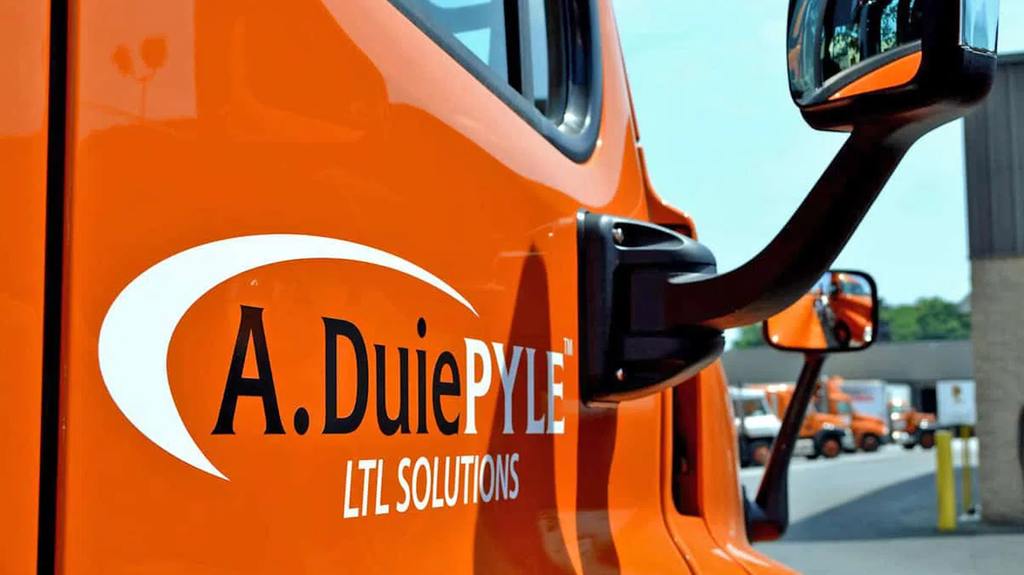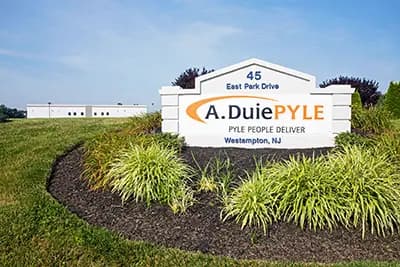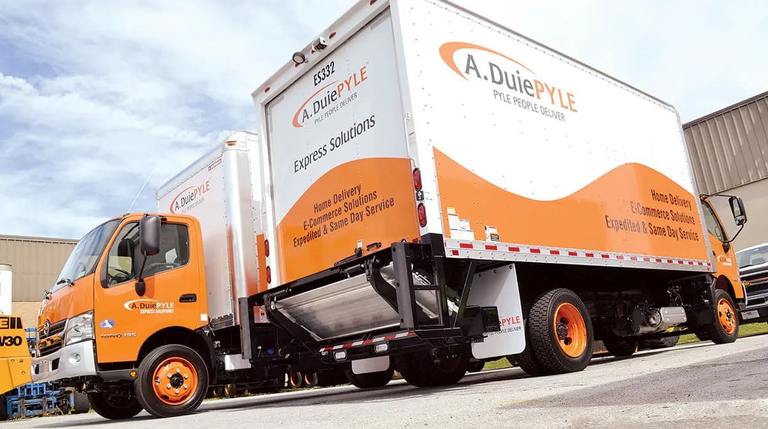
A. Duie Pyle Prospers by Staying Close to Home

It’s taken nearly a year for someone to publicly acknowledge that their company has benefited from the February bankruptcy and subsequent shutdown of less-than-truckload (LTL) carrier New England Motor Freight Inc. (NEMF). That someone is Peter Latta.
Latta is chairman and CEO of A. Duie Pyle Inc., a privately held carrier founded in 1924 by his grandfather, Alexander Duie Pyle. The West Chester, Pennsylvania-based company, which will hit about $500 million in revenue this year, operates 24 LTL service centers across New England, the mid-Atlantic and as far west as Cleveland, and has dedicated trucking and warehousing businesses that are growing fast, albeit off slower bases. Though Pyle gains what Latta called “interregional scope” in the U.S. and Canada through partnerships with carriers like Southeastern Freight Lines, Dayton Freight Lines and Oak Harbor Freight Lines, its claim to fame — with the battle scars to prove it — lies in being a bona fide Northeast U.S. trucker.
You May Like

Regional LTL Carrier Award Adds to Pyle’s Haul of Honors
For the second year in a row, A. Duie Pyle, a provider of asset- and non-asset-based supply chain solutions, was named as a Platinum Regional LTL Carrier by Echo Global Logistics, a provider of technology-enabled

A. Duie Pyle to Open Three Locations in Virginia
A. Duie Pyle Inc. is opening three new facilities as part of an effort to expand its services into Virginia, the company announced March 15. The West Chester, Pa.-based provider of asset- and non-asset-based supply